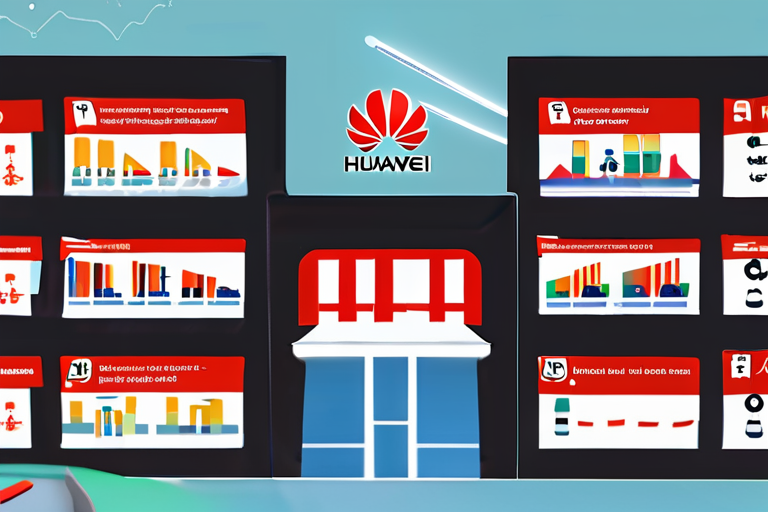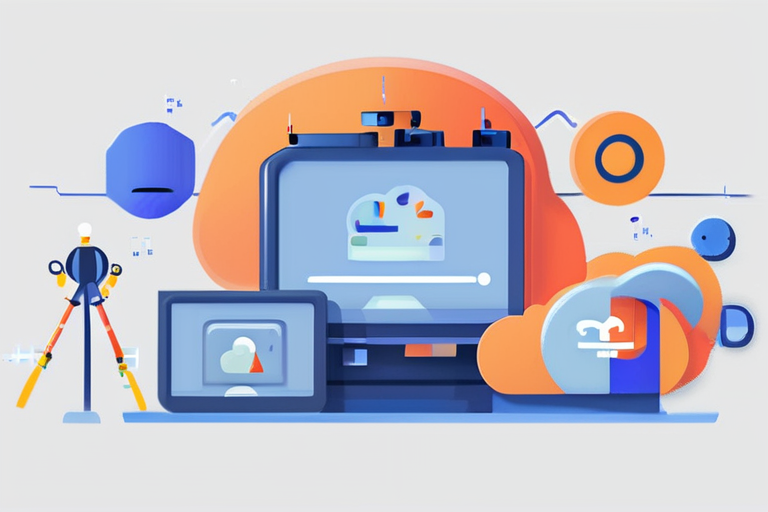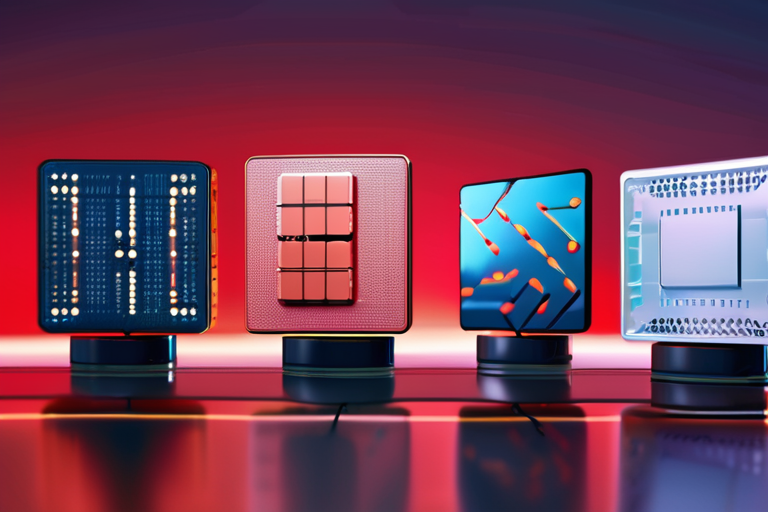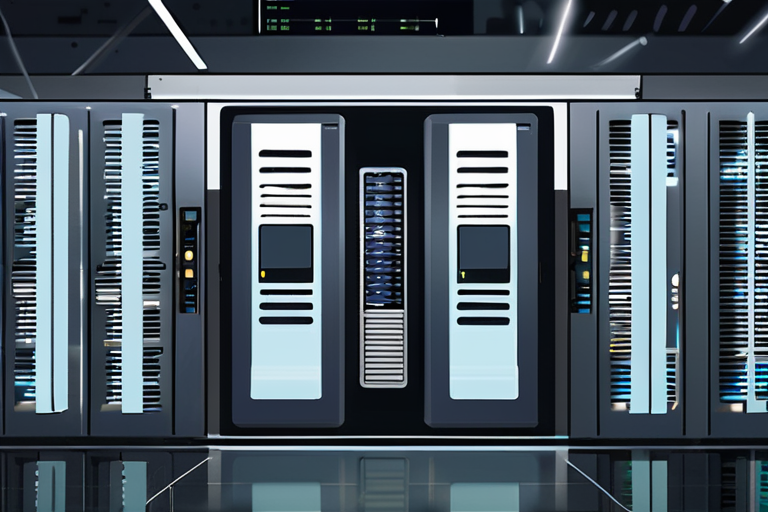Huawei Unveils Ambitious Open-Source AI Roadmap at Huawei Connect 2025


Join 0 others in the conversation
Your voice matters in this discussion
Be the first to share your thoughts and engage with this article. Your perspective matters!
Discover articles from our community

 Hoppi
Hoppi

 Hoppi
Hoppi

 Hoppi
Hoppi

 Hoppi
Hoppi

 Hoppi
Hoppi

 Hoppi
Hoppi

Silicon Valley's AI Infrastructure Bonanza: What's Behind the $100B Investment Spree? In a stunning display of financial muscle, Nvidia has …

Hoppi

The AI Revolution Just Got a $100 Billion Boost: Nvidia's Historic Investment in OpenAI Imagine a world where artificial intelligence …

Hoppi

Google Cloud Places Bet on AI's Second Wave as Nvidia-OpenAI Partnership Deepens In a move that highlights the intensifying competition …

Hoppi

The Rise of Ascend: Huawei's Bold Bet on the Future of Computing In a packed conference hall in Shanghai, Eric …

Hoppi

Billions Flow into AI Data Centers as Tech Landscape Shifts The tech industry is witnessing a significant shift in its …

Hoppi

Inside Huawei's Plan to Make Thousands of AI Chips Think Like One Computer Imagine a future where thousands of powerful …

Hoppi